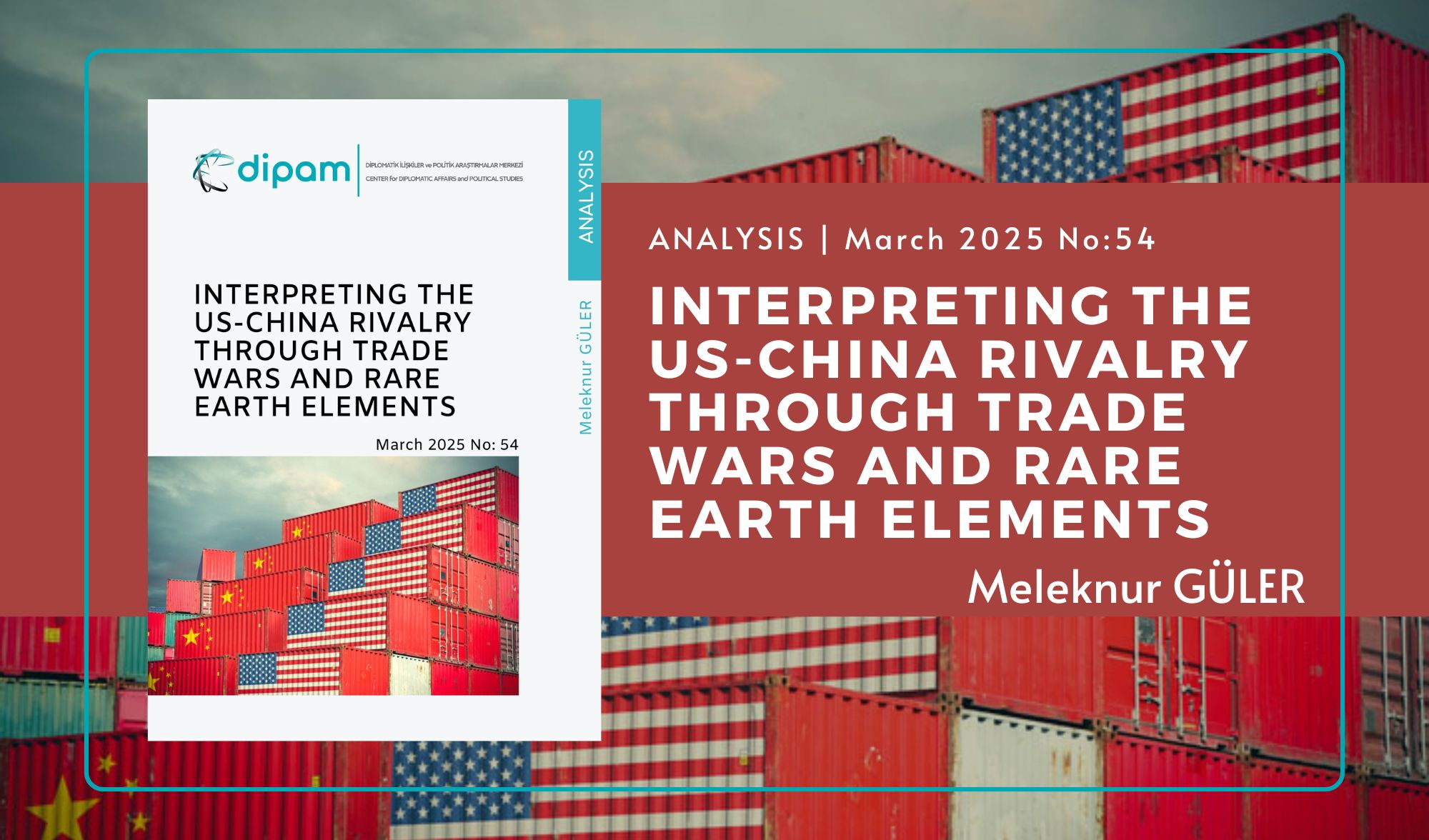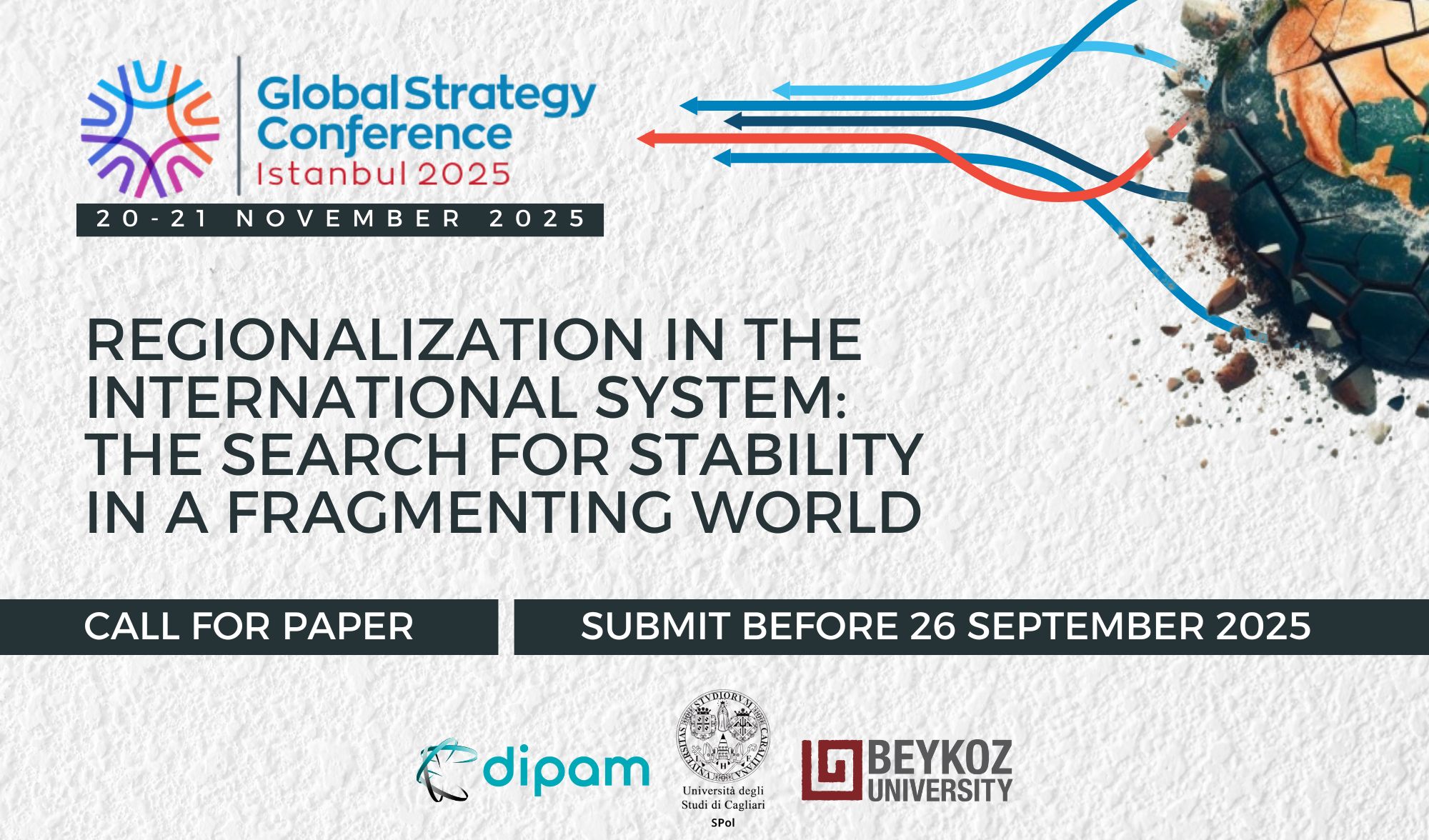As the 21st century marks a period where the global power dynamics are reshaping, US-China relations stand as one of the most significant geopolitical and economic rivalries of the era. The hegemonic dominance that the United States has maintained since World War II has been shaken in recent years due to various economic, political, and military factors. Meanwhile, China has increasingly positioned itself as a significant player in the international system, driven by its economic growth, technological advancements, and expanding influence in global trade. As a result, strategic competition between these two powers has become inevitable.
During Donald Trump’s first presidency, US-China relations witnessed intense confrontation, with trade wars and protectionist policies in foreign trade becoming defining aspects of global politics. However, the competition between the US and China is not limited to the economic and technological domains; critical raw materials and the mining sector have emerged as new and significant dimensions of this struggle. Rare earth elements and other critical minerals, now among the world’s most valuable resources, play a crucial role in the production of advanced technologies. These minerals are essential in various strategic sectors, ranging from semiconductors and batteries to renewable energy technologies and the defense industry. One of the key factors supporting China’s economic growth has been its dominance over raw material supply chains, particularly in rare earth elements. Recognizing its strategic vulnerability due to its dependence on China for these indispensable minerals—especially for chip production and the defense sector—the United States has sought alternative sources in the mining industry to counter China’s monopoly over critical raw materials. In this context, countries like Ukraine and the Democratic Republic of Congo (DRC) have emerged as potential partners in rare earth element supply, prompting new initiatives to utilize these resources.
Amid this global competition, Türkiye holds a significant position. With its rich mineral resources and strategic importance, Türkiye has the potential to become a key player in the global mining race. The country’s current mining policies and future strategic initiatives will shape its role in this great power struggle. This article aims to analyze the US-China rivalry, particularly in the context of trade wars, evaluate the strategic importance of rare earth elements as a crucial issue for the future, and examine Türkiye’s place within this ongoing process.
Trade Wars During the Trump Administrations
Although US-China relations in the post-Cold War era were shaped by economic cooperation and interdependence, the competitive aspect has increasingly come to the forefront since the early 21st century. China’s rapid economic growth, its central position in global supply chains, and its rise in the technology sector have been perceived as a strategic threat by the US.
With Donald Trump’s inauguration as US President in 2017, the National Security Strategy (NSS) document published that same year emphasized that “great power competition has returned.” This was the first official document in which China was explicitly identified as a competitor and threat in the hegemonic rivalry. Trump frequently criticized the US’s significant trade deficit with China, accusing China of “unfair trade practices.”
…





